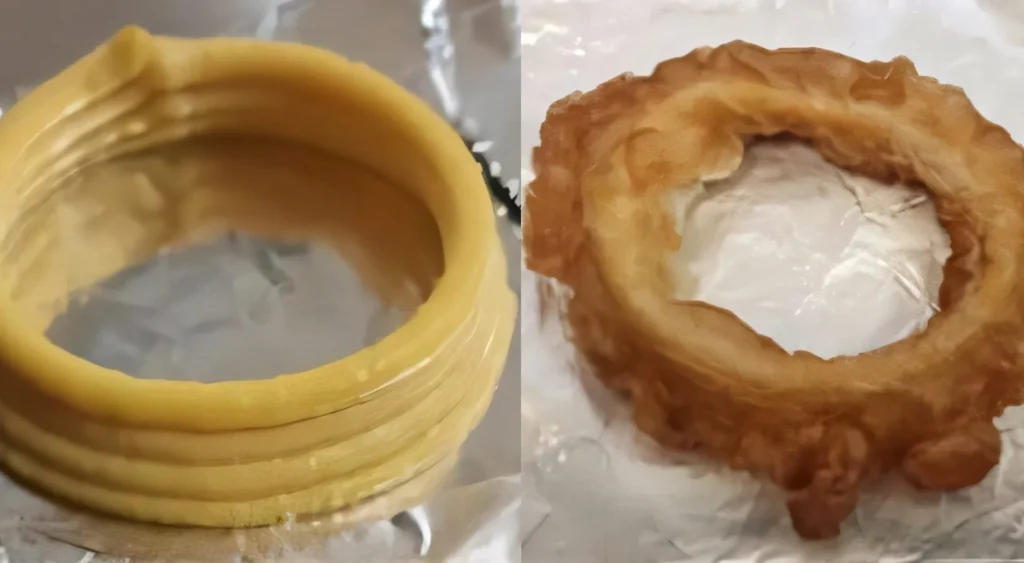Summary: Explore innovative 3D printed plant-based seafood alternatives creating sustainable calamari with superior taste, texture, and nutrition.

Plant-based seafood alternatives are rapidly transforming the food industry. These innovations aim to replicate the flavor, texture, and nutrition of real seafood. A recent breakthrough has introduced 3D printed plant-based calamari, setting a new standard in sustainable seafood alternatives.
Recreating Fried Calamari with Plant-Based Seafood Alternatives
Fried calamari is prized for its neutral flavor and chewy, firm texture, which makes replicating it challenging. Researchers at the National University of Singapore have created a 3D printed plant-based calamari that closely mimics the softness and elasticity of real calamari. They used a unique blend of microalgae and mung bean proteins in a 3D-printed paste. While their initial air-fried version was tasty, it lacked ideal texture, which has now been enhanced through recipe and process improvements.
The Science Behind
The team experimented with mung bean protein isolate, powdered microalgae, gellan gum as a thickener, and canola oil to perfect texture. Using a food-grade 3D printer, they crafted rings layered from the paste, which were then deep-fried after freezing—a traditional calamari preparation method. The optimal recipe containing 1.5% gellan gum, 2% canola oil, and 10% microalgae achieved textural qualities closest to real calamari including hardness, springiness, and cohesiveness. Microscopic analysis revealed structural voids that contribute to softness, effectively mimicking squid. Significantly, this plant-based calamari contains 19% protein, surpassing real squid’s 14% protein content.
Business and Environmental Impact
This 3D printing innovation highlights the potential of sustainable plant proteins in seafood alternatives. Combining mung bean and microalgae reduces reliance on ocean fishing, tackling sustainability challenges in seafood supply. The research group plans to explore consumer acceptance and scale production for wider applications. This technology promises to revolutionize sustainable seafood alternatives, appealing to flexitarians and eco-conscious consumers worldwide.
In conclusion, advances in innovative 3D printed plant-based seafood alternatives brings us closer to delicious, nutritious, and environmentally friendly calamari options. Continued research and market adoption will position plant-based seafood alternatives as a major contributor to the global sustainable food industry.
Source: ScienceDaily
